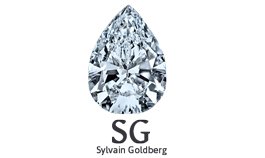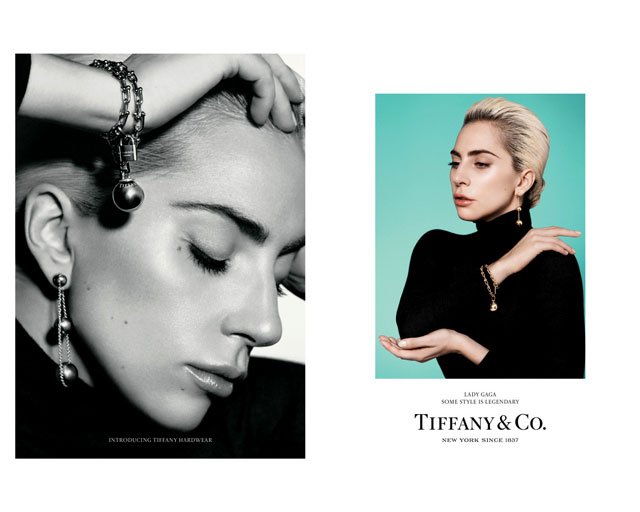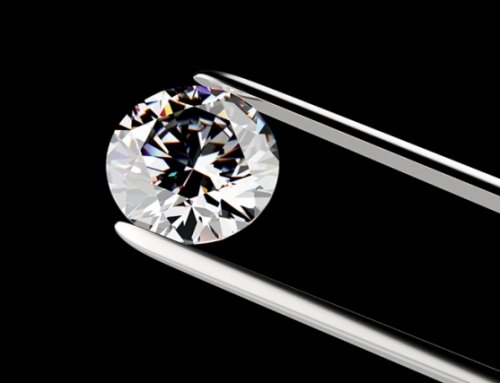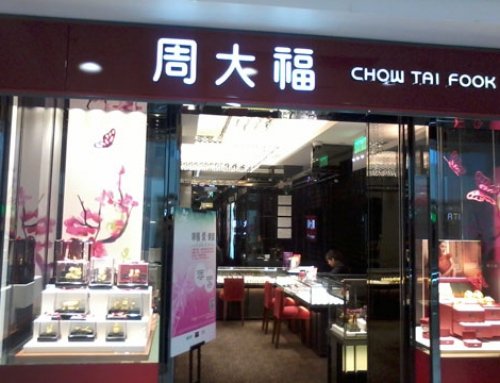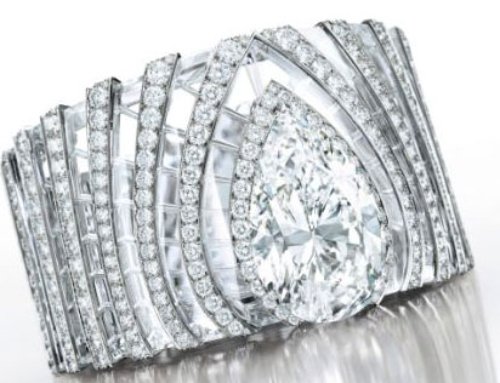© Tiffany & Co
Tiffany & Co’s sales jumped 8% during the holiday season amid a sharp improvement in US demand and a recovery in Asian markets, the luxury jeweler reported.
Group sales grew to $1.05 billion during November and December, with comparable-store sales — those at branches open for at least a year — rising 5%.
Growth was registered across all regions and product categories, both in-store and online, Tiffany noted Wednesday. The Americas saw a 7% sales jump to $516 million, with comparable-store sales up 6%, mainly due to higher spending by local customers. In Asia Pacific, sales leapt 16% to $232 million, with comparable-store sales increasing 7%, driven by improvements in mainland China, Hong Kong and Korea. European sales surged 14% to $136 million.
The growth was strongest in high, fine, solitaire and fashion jewelry, while sales of engagement rings and wedding bands showed gentler increases, the New York-based retailer reported.
The results mark a turnaround for Tiffany, which suffered a 4% decline in holiday sales in the Americas a year ago as a result of weaker consumer spending and protests outside Trump Tower, which is next to the jeweler’s flagship New York store.
Since then, the company has hired a new CEO and launched a marketing campaign featuring Lady Gaga in a bid to make the brand more attractive to millennials. It also opened an in-store café to enable visitors to have breakfast at Tiffany’s, set up pop-up jewelry stores in busy New York locations, and introduced an attention-grabbing home-and-accessories line.
That accessories collection — which includes everyday items such as rulers and tin cans costing thousands of dollars — drew excitement from shoppers, as did fine jewelry and watches, noted Alessandro Bogliolo, who took over as CEO in October.
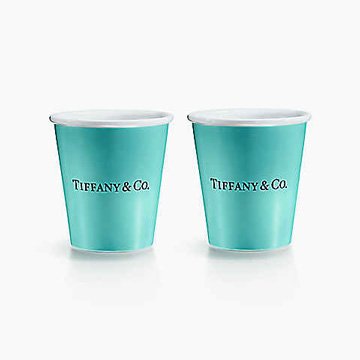
© Tiffany & Co
“This recent return to growth in worldwide comparable-store sales, fueled by a substantial improvement in the Americas and Asia Pacific, is consistent with our commitment to generate solid and sustainable growth in sales, operating margin and earnings that is at least comparable to our industry peers over the long term,” Bogliolo added.
However, recent declines in comparable-store sales — which fell 2% in the nine months ending October 31 — will still be difficult to reverse in the long term unless the company improves its products and customers’ shopping experience, the executive cautioned.
“Nonetheless, our holiday-period results confirm that the Tiffany & Co. brand is strong, and we are excited about our numerous long-term global opportunities to capitalize on that strength,” he added.
Tiffany raised its sales outlook for the fiscal year ending January 31, predicting growth of about 4% at constant exchange rates. In November, it had forecast a percentage increase for the year in the low single digits.
